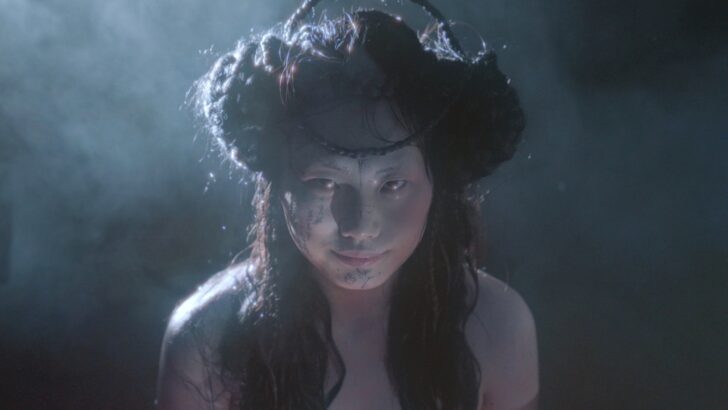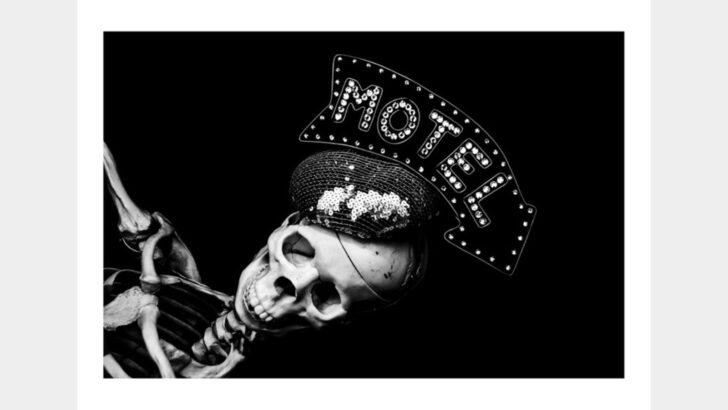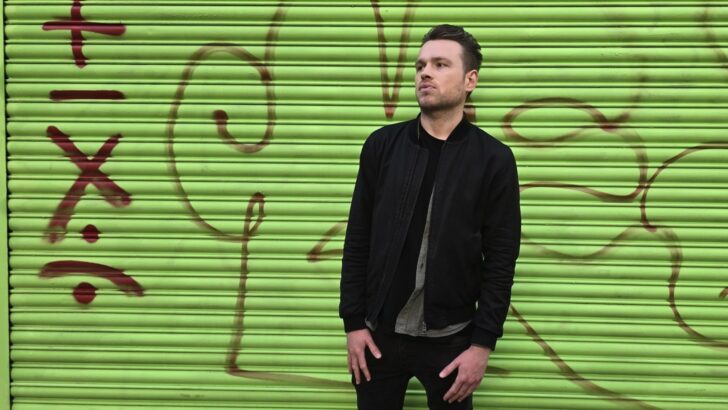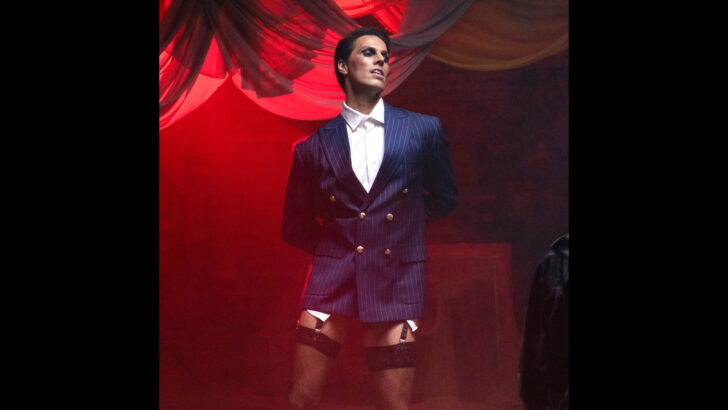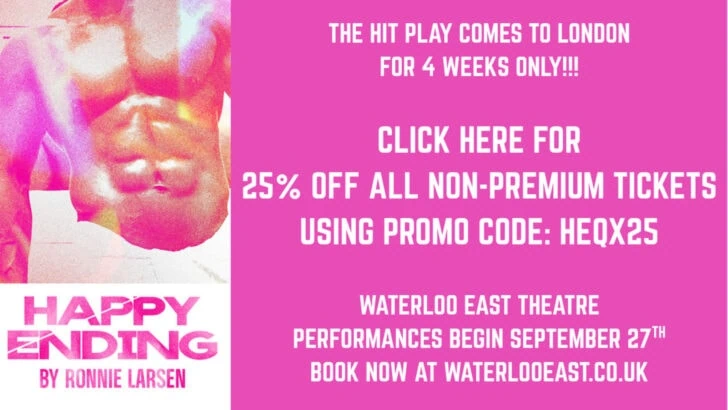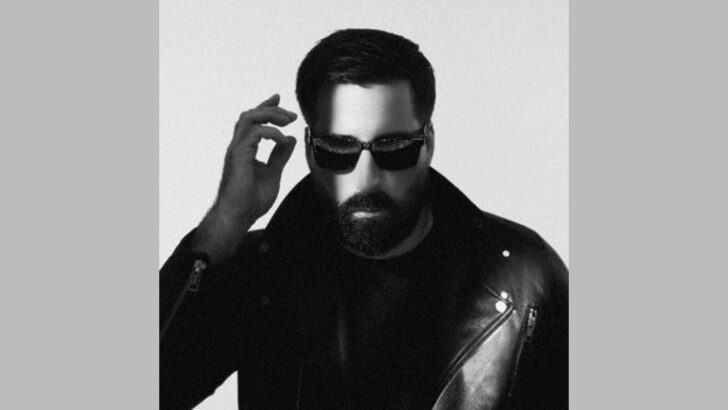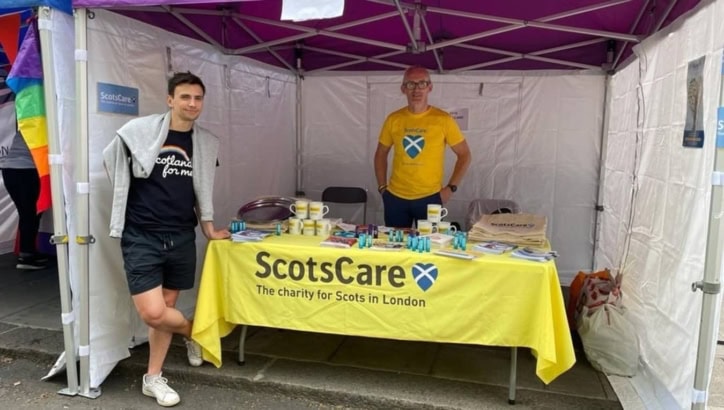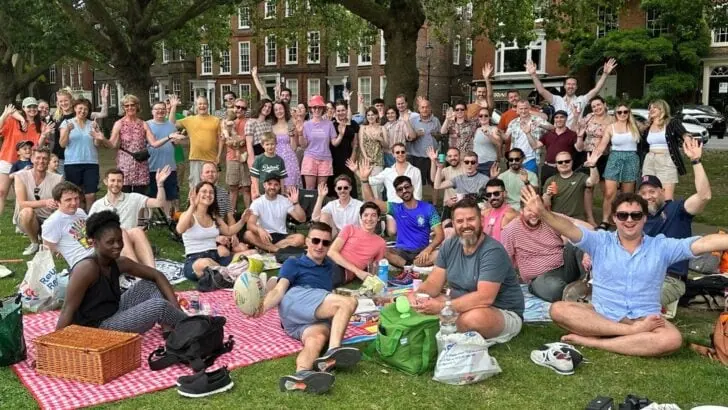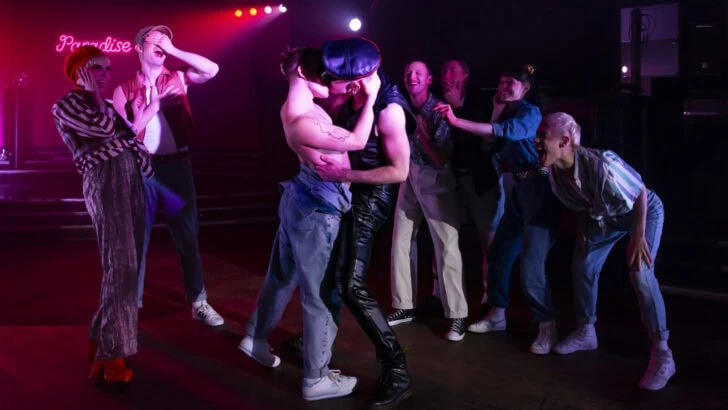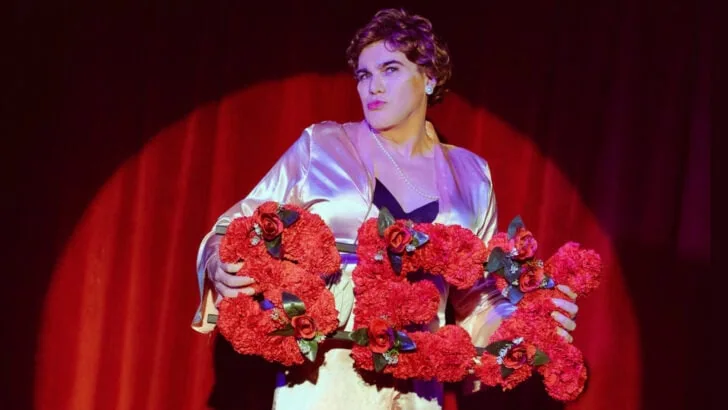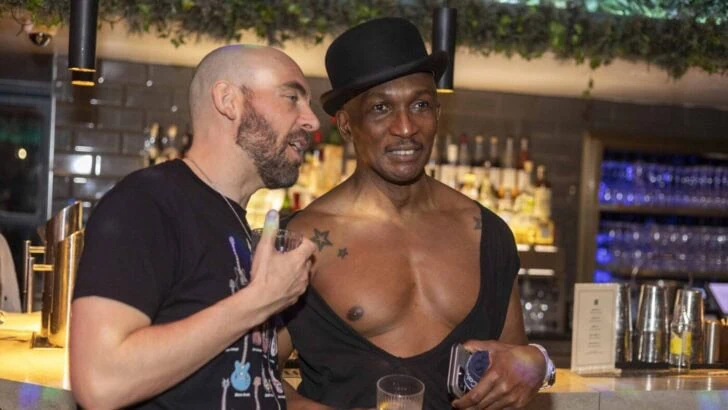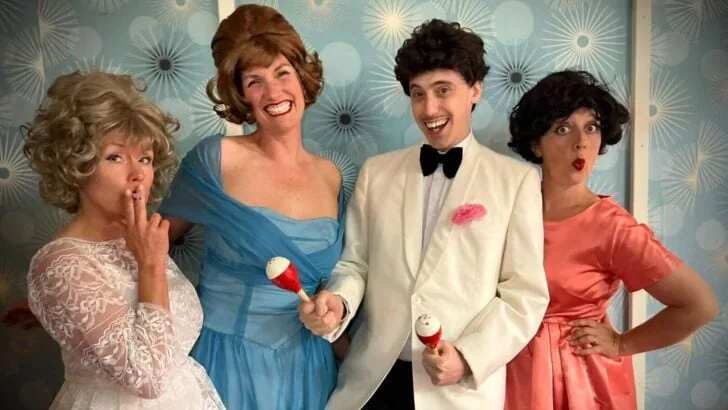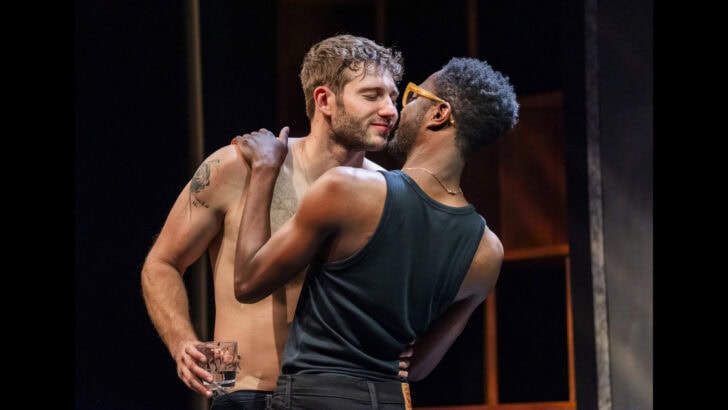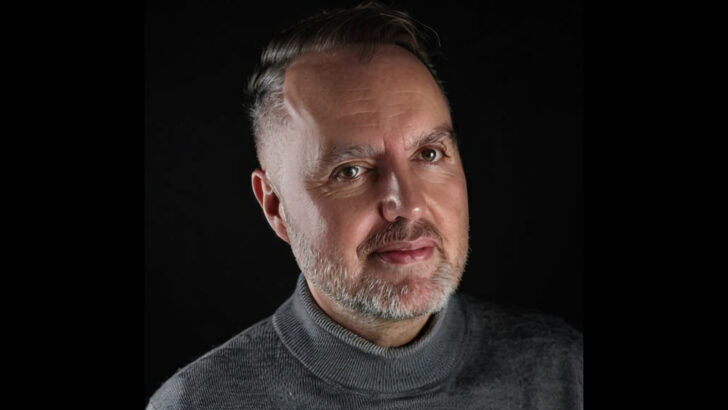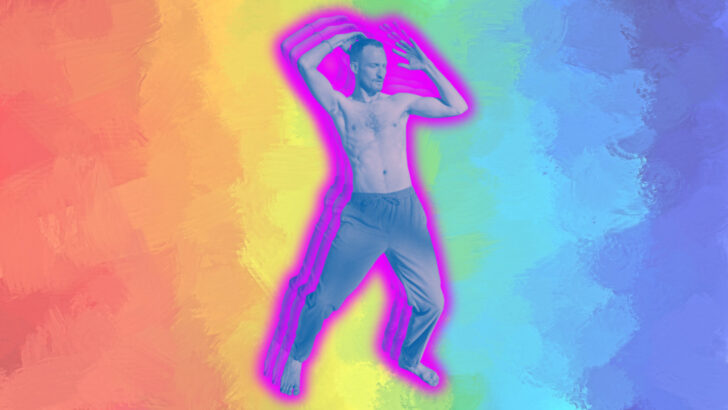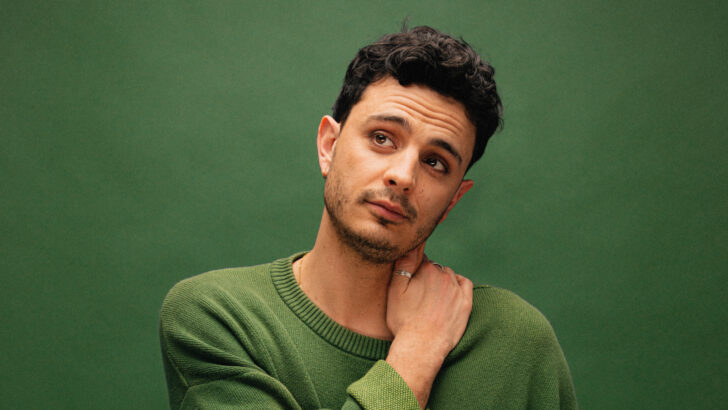-
“From Performativity to Body Politics: The Metaphorical Myths and Rituals of Artist Scarlett Wang” by Freya Fan
-
Window Shopping at Bonnington Gallery
-
QX meets Worricka, queer singer, songwriter and artist
-
Kfir debuts Glamorous: a bold, disco-driven ode to identity, style and self-worth
-
The hit play, Happy Ending, by Ronnie Larsen, is to play in London for a 4-week season from 27 Sept ’25
-
The Irrepressibles are back with their new song for Pride: What I Am, Queer!
-
ScotsCare at this year’s Pride in London
-
National Lottery Awards Five-Year Funding to WLQP
-
Edinburgh Fringe Festival is the largest festival in the world: QX highlights five more LGBTIQ+ shows
-
Marcus Megastar: HeartThrob UK Tour 2025 at Camden Fringe, London, 22 – 23 August ’25
-
QX chats with promoter Yveelicious about Pride Carnival Party at Soho’s exclusive Century Club, Saturday 5 July ’25
-
Ensemble Festival 2025 is on Saturday 26 and Sunday 27 July at Royal Victoria Docks, London (Free Event)
-
This Bitter Earth at Soho Theatre: First Look Production Photos
-
“Growing Up Gay: Why Quiet Representation in Books Matters More Than Ever” by Mo Fanning
-
“Alternative Pride: How to Celebrate Without the Overwhelm” by Gary Albert
-
Pedro Leandro writes about coming out ahead of his debut stand-up hour, Soft Animal, at Edinburgh Fringe
Stories
Welcome to the QX Magazine blog, your go-to destination for engaging LGBTQ+ stories, news, and lifestyle content. Here, you’ll find a diverse range of articles covering everything from the latest LGBTQ+ news to insightful features, travel tips, and entertainment recommendations. Our mission is to celebrate and support the LGBTQ+ community by providing you with informative and entertaining content. So, grab a cup of tea and join us as we explore all things queer!
